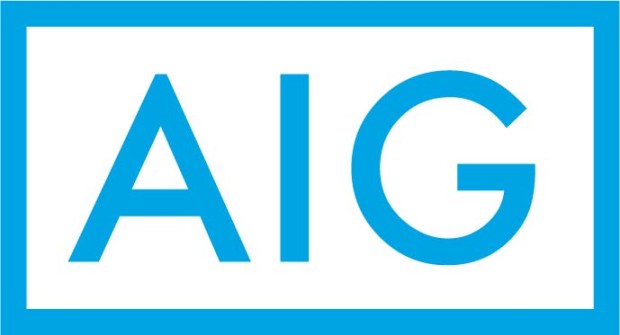American International Group Inc executives have been meeting with investors and analysts to build confidence in the insurer and its turnaround plan amid uncertainty over a replacement for outgoing Chief Executive Officer Peter Hancock.
Chief Financial Officer Sid Sankaran, commercial insurance head Robert Schimek and consumer insurance head Kevin Hogan held one meeting with a group of Wall Street analysts on Thursday to field questions about AIG’s disappointing fourth-quarter results and its two-year restructuring plan, attendees said.
That followed several meetings Sankaran and investor relations staff organized with shareholders since AIG said on March 9 that Hancock plans to resign, a spokeswoman said.
During the meetings, executives tried to drive home a message of financial resilience, telling participants that AIG was on target to meet its goals for 2017, in the second half of its turnaround plan, analysts said in reports on Friday. They added that the company also said its reserves were sufficient.
A big reserve addition led AIG to report a surprisingly large fourth-quarter loss on Feb. 14, jolting investors and leading to Hancock’s planned departure.
A successor has not yet been announced, though several names have been cited by media reports and analysts. The board has pledged to find a new CEO quickly.
At the two-hour gathering on Thursday, which drew analysts from at least seven sell-side firms, the CEO question “definitely was in the air,” Sandler O’Neill analyst Paul Newsome said on Friday.
However, several analysts said Sankaran, Schimek and Hogan demurred when asked about the succession process. Newsome said he thought a replacement will probably take months rather than weeks.
“During the meeting it appeared as if potential CEO candidates were not meeting with the C-suite, which was a bit surprising to us, and perhaps leads us to believe that an internal candidate is unlikely,” Macquarie analyst Amit Kumar said in note to clients.
AIG’s board has said the insurer will continue to pursue the turnaround plan structured by Hancock, even after his departure. The plan involves divesting businesses, cutting costs and ultimately returning $25 billion to shareholders. (Reporting by Suzanne Barlyn in New York Editing by Lauren LaCapra and Tom Brown)





















 Nearly 26.2M Workers Are Expected to Miss Work on Super Bowl Monday
Nearly 26.2M Workers Are Expected to Miss Work on Super Bowl Monday  Flood Risk Misconceptions Drive Underinsurance: Chubb
Flood Risk Misconceptions Drive Underinsurance: Chubb  Insurance Groundhogs Warming Up to Market Changes
Insurance Groundhogs Warming Up to Market Changes  What Analysts Are Saying About the 2026 P/C Insurance Market
What Analysts Are Saying About the 2026 P/C Insurance Market 


